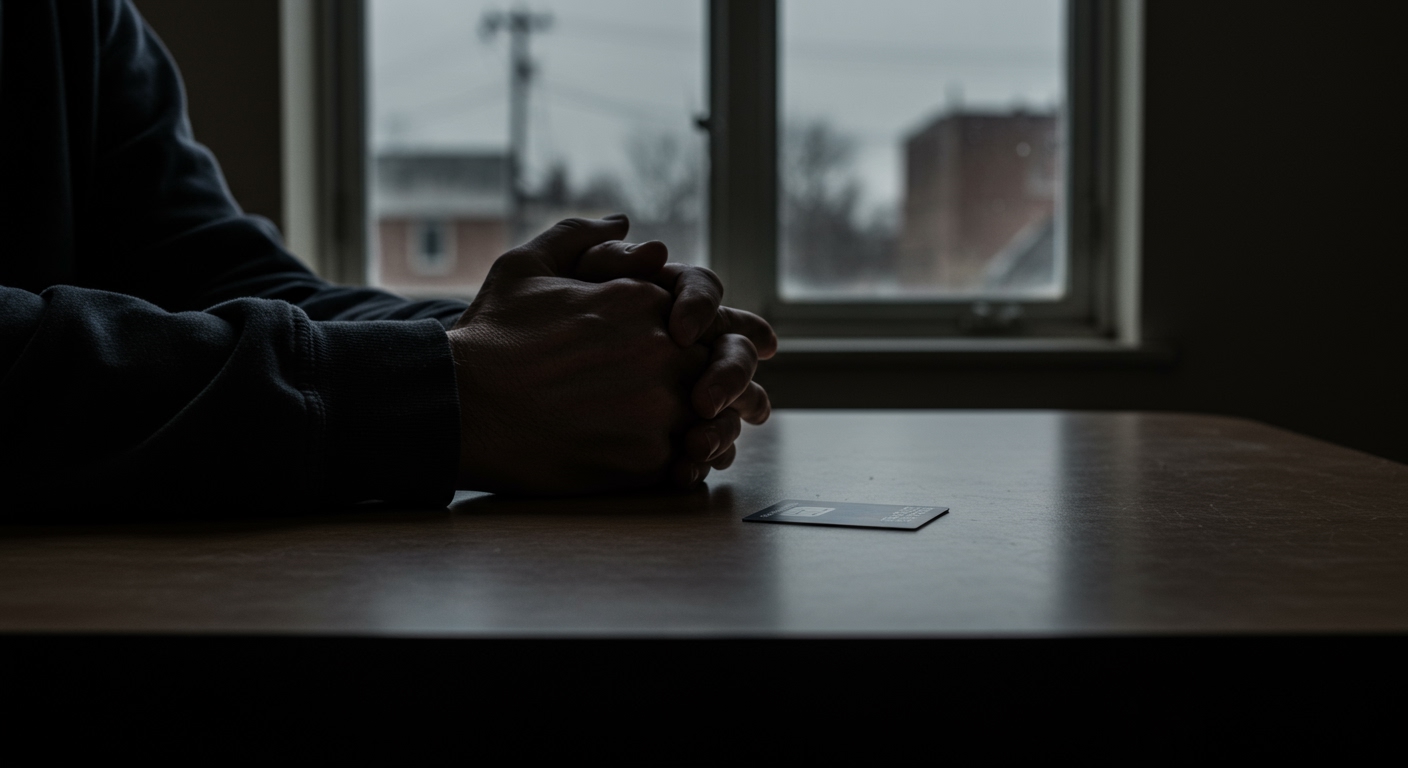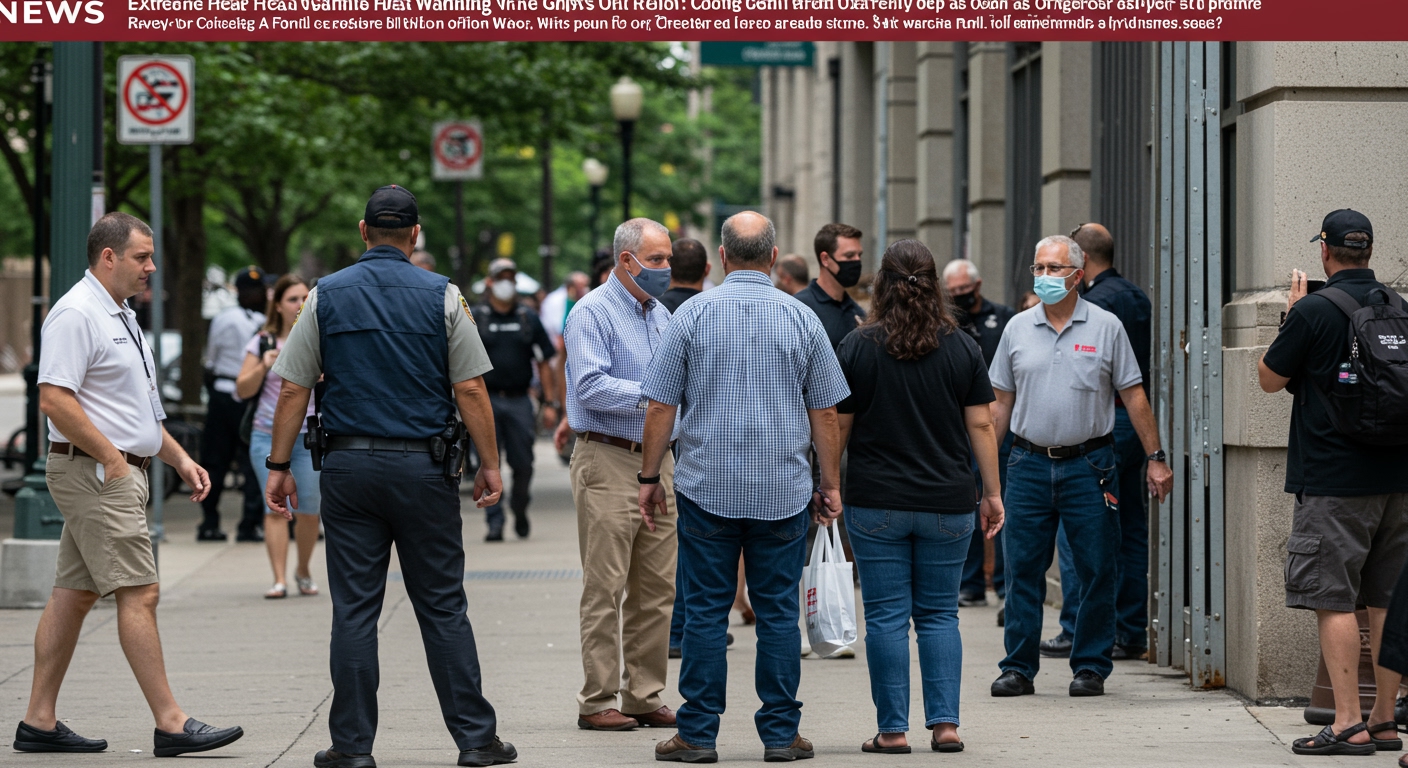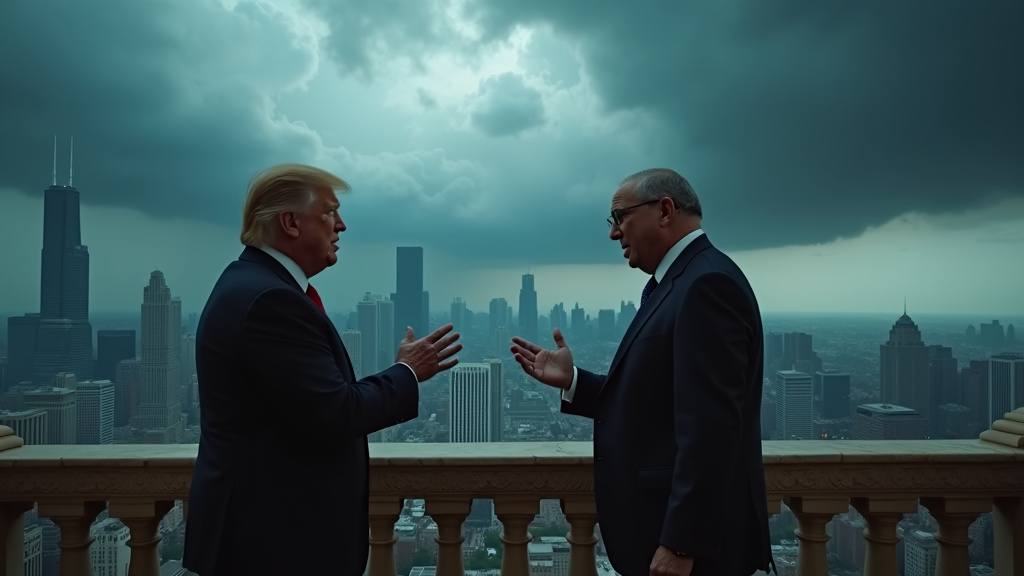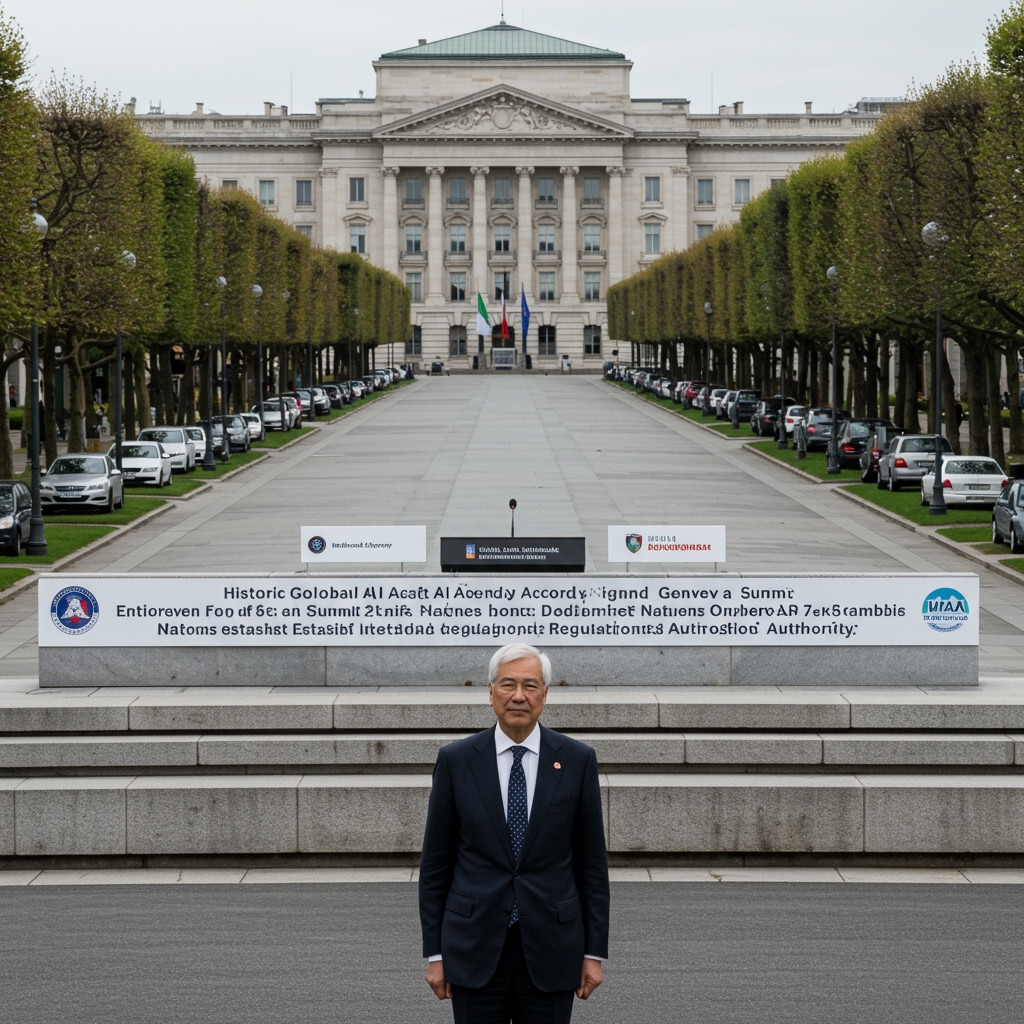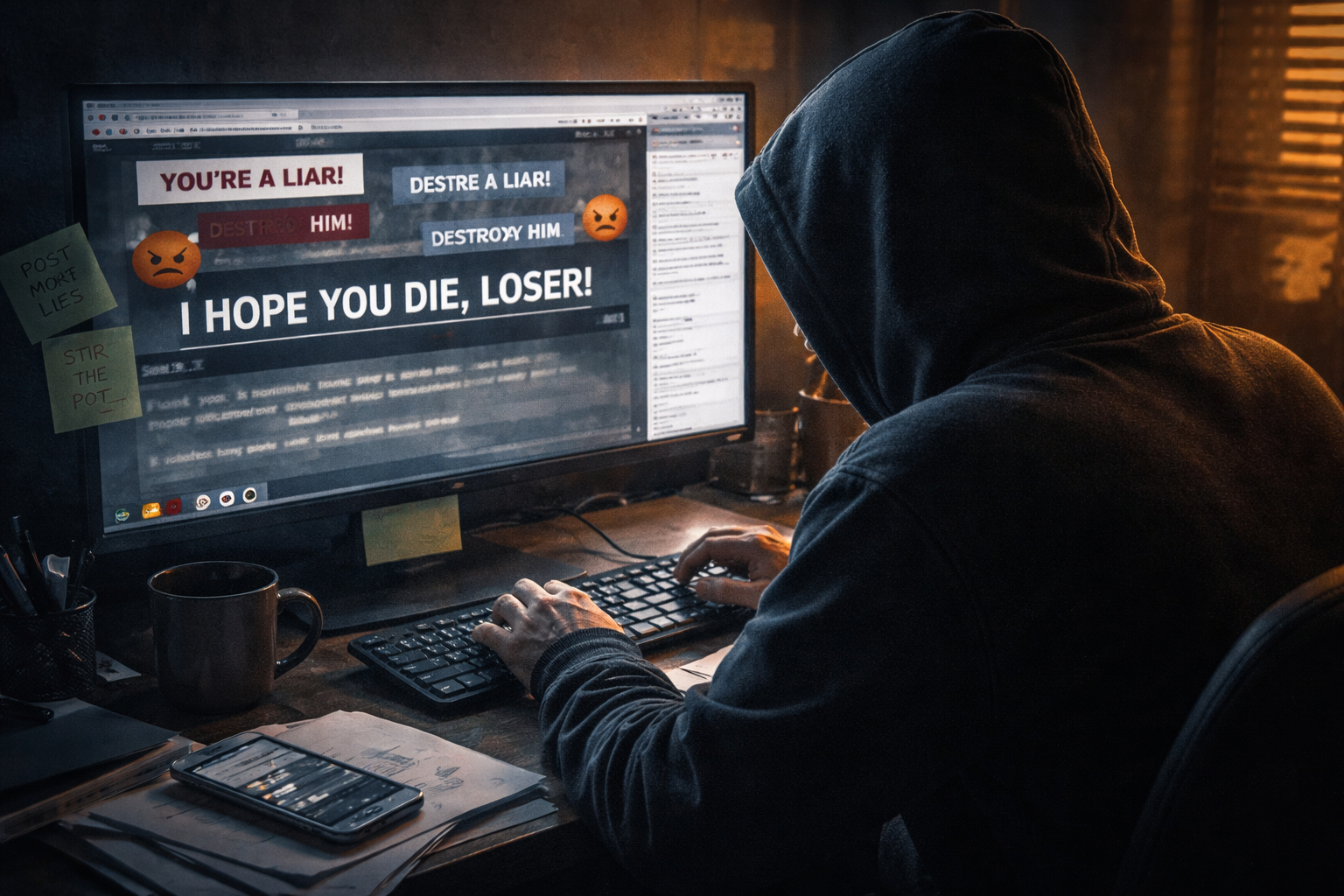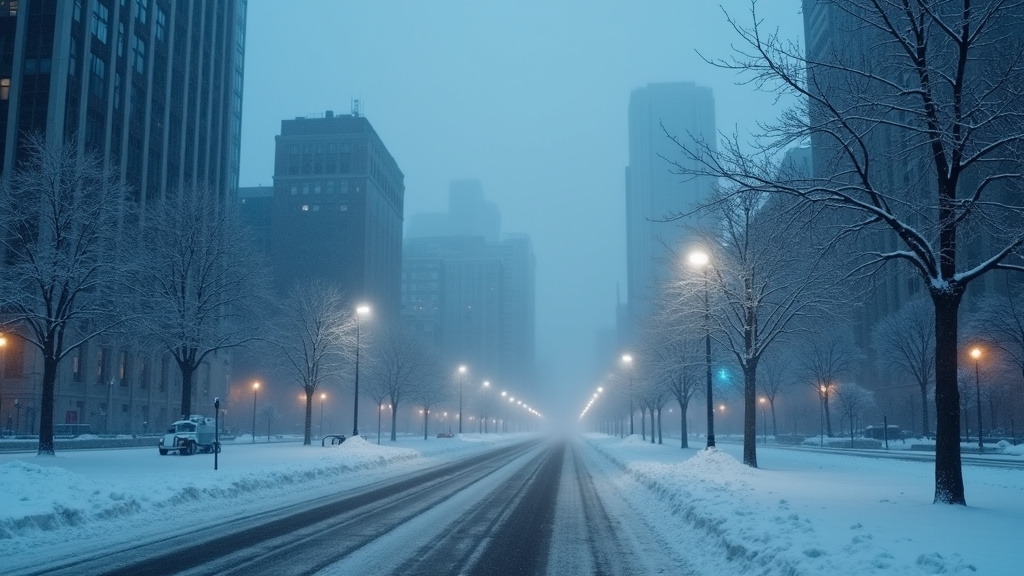The Chicago City Council, in a decisive move on Wednesday, upheld Mayor Brandon Johnson’s veto of the contentious “snap curfew” ordinance. The decision effectively blocks the implementation of a policy that would have granted police the authority to impose youth curfews with minimal notice, sparking debate and drawing scrutiny from various stakeholders.
Initially approved by the City Council last month, the ordinance faced immediate opposition from Mayor Johnson, who subsequently vetoed the measure. The process required a two-thirds majority of the council to override the Mayor’s veto. The failed override vote, which concluded with a tally of 28-22, fell significantly short of the 34 votes needed to overturn the Mayor’s decision. This outcome solidifies the Mayor’s stance against the ordinance and underscores the political divisions within the city council.
The “snap curfew” ordinance proposed to empower Police Superintendent Larry Snelling with the ability to declare temporary curfews in locations anticipating or experiencing mass gatherings. Proponents of the ordinance argued that it was a necessary tool to curb instances of youth violence and maintain public order during periods of unrest. Critics, however, voiced concerns about the potential for the policy to disproportionately affect specific communities and the lack of sufficient notice provided to residents.
Mayor Johnson’s Stance and the Council Vote
The vote itself revealed a clear split within the City Council. The 28-22 outcome demonstrates a level of opposition strong enough to uphold the Mayor’s decision. The details of the roll call, including which aldermen voted for or against the override, are likely to be analyzed and understood by constituents and political observers in the following days. This analysis will likely highlight the key players and their reasoning for their votes, thus shaping the political landscape of the City.
The failure to override the Mayor’s veto means the “snap curfew” will not be enacted at this time. The discussion around youth safety and the role of law enforcement continues to be a focal point within Chicago’s political discourse. Public concerns and the ongoing political climate will dictate future policy regarding this topic.
Focus on Police Reform
Mayor Johnson also used the opportunity to signal his support for the Anjanette Young Ordinance. This suggests a strategic emphasis on reform within the Chicago Police Department. The ordinance aims to overhaul the practices surrounding police raids. The goal is to prevent incidents like the one involving Anjanette Young, who was the victim of a wrongful raid in 2019.
The provisions of the Anjanette Young Ordinance introduce key changes to the use of warrants by the Chicago Police Department. Most notably, the ordinance intends to limit the use of “no-knock” warrants. These types of warrants allow police to enter a property without announcing their presence. Under the proposed ordinance, “no-knock” warrants will only be authorized with a judge’s approval if imminent danger exists. This requirement adds an extra layer of oversight and aims to prevent unnecessary risks to both officers and residents.
Significance and Future Implications
The City Council’s decision regarding the “snap curfew” ordinance and the Mayor’s support of the Anjanette Young Ordinance have significant implications for the city’s approach to public safety and policing. The outcome underscores the importance of balancing public safety concerns with the protection of civil liberties. The Mayor’s stance also reflects a commitment to police reform, which is a crucial aspect of restoring public trust and ensuring accountability.
The focus on police reform and the rejection of the “snap curfew” ordinance are indicative of the complexities and the differing views within the city government. As Chicago continues to grapple with issues of crime, public safety, and police-community relations, the decisions made by the City Council will continue to shape the city’s approach to these critical matters.


